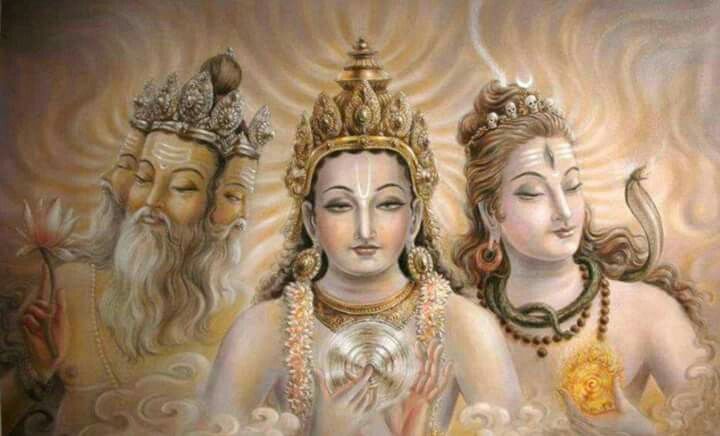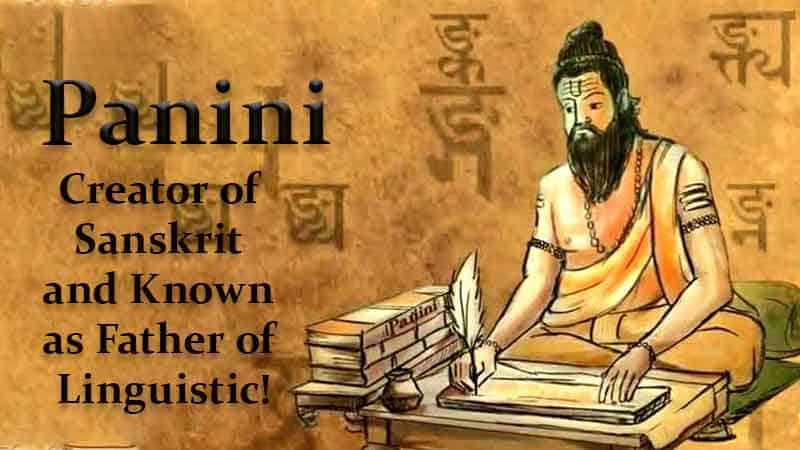
The Relevance of Hinduism in Today's World
Hinduism, also known as Sanatana Dharma, is one of the oldest and most complex religions in the world. It has survived for thousands of years and has had a profound impact on society, culture, and philosophy. In this article, we will explore the relevance of Hinduism in today's world and why it continues to be an influential and important religion.
Flexibility, Acceptability, Freedom of Choice, and Diversity
One of the defining features of Hinduism is its flexibility and acceptance of different thoughts, views, and ideologies. It is a highly diverse religion, with a wide range of beliefs and practices. Hindus are free to choose their own path and are encouraged to question authority, debate, and criticize. This flexibility and openness have allowed Hinduism to adapt and evolve over time, making it relevant even in today's world.

Women Empowerment and Goddesses
Hinduism also has a strong tradition of women empowerment, with several goddesses worshipped as symbols of power and strength. The concept of Ardhanarishvara, where the divine is depicted as a combination of male and female, highlights the equality and balance between genders. Many women have played important roles in Hindu history and mythology, challenging patriarchal norms and leading social reform movements.
Unique Concepts
Hinduism has several unique concepts that have influenced modern philosophy, psychology, and spirituality. The concept of karma emphasizes cause and effect, while the concept of dharma highlights the importance of duty and righteousness. The practice of yoga, which is an integral part of Hinduism, has become popular worldwide for its health benefits and stress-relieving properties. The concept of meditation, derived from Hinduism, is widely used for improving mental health and well-being.

Democracy, Governance, and Economics
Hindu texts also contain several references to democracy, governance, and economics. The concept of Raj Dharma, which emphasises the duty of rulers towards their subjects, is a fundamental principle in Hindu political philosophy. The concept of Artha, which focuses on wealth and prosperity, has influenced the development of economics in India.
Science, Mathematics, and Astronomy
Hinduism has made significant contributions to the fields of science, mathematics, and astronomy. The ancient Hindu texts contain detailed descriptions of the celestial bodies and their movements. The concept of zero, a fundamental concept in mathematics, was first discovered in India and is believed to have been developed by Hindu mathematicians. Ayurveda, an ancient system of medicine that focuses on natural remedies and maintaining balance within the body, is still practiced today and has influenced modern medical practices.

Liberalism
Hinduism is also known for its liberalism and acceptance of diversity. Hindus do not try to convert others or set up missionaries, and they are open to learning from other religions and cultures. This acceptance of diversity has made Hinduism relevant in a world that is becoming increasingly globalized.
Threat of Extinction
Hinduism has survived several threats of extinction over the centuries, including the invasions of foreign powers and the decline of ancient Indian kingdoms. However, it has continued to adapt and evolve, with new movements and practices emerging over time.

Creating New Religions
Hinduism's unique approach to religion has allowed for a remarkable degree of religious freedom and tolerance. Unlike many other religions, Hinduism has never sought to impose its beliefs on others or convert people to its way of thinking. Instead, it has allowed for a wide range of beliefs and practices to flourish within its fold, including the creation of new religions. This is in sharp contrast to other religions that have often punished those who deviated from the established orthodoxy. In contrast, Hinduism has always welcomed new ideas and practices and has never punished those who sought to follow a different path.This approach has enabled Hinduism to remain relevant and adaptive over the centuries and to accommodate new influences from different cultures and traditions.

Advancements in Ancient India
The practice of dharma, which emphasises ethical and moral values, contributed to the development of a just and harmonious society in ancient India. This led to several advancements in the fields of art, literature, science, and technology. Ancient India was home to some of the world's most advanced civilizations, with the Indus Valley Civilization being one of the earliest and most well-known.
No Authority Institutions
Hinduism is often regarded as one of the most liberal religions in the world. The religion encourages freedom of thought and accepts a wide range of beliefs and practices. Unlike some other religions, Hinduism does not have a centralised authority or hierarchy, which allows for greater flexibility and diversity.
Furthermore, the religion is open to criticism and questioning of authority. Debates and discussions are encouraged, and dissenting opinions are respected. This culture of open-mindedness and inclusivity has allowed Hinduism to adapt and evolve over time, while still maintaining its fundamental principles and values.

Survival of Hinduism despite Constant Invasions
Despite facing centuries of invasions and colonisation, Hinduism has managed to survive and even thrive in the modern world. This resilience can be attributed to several factors, such as the religion's flexibility and adaptability. Hinduism has always been able to incorporate new ideas and practices while still retaining its core values and principles.
Additionally, the religion's decentralised structure has made it difficult for conquerors to completely stamp out Hinduism. Local communities were able to maintain their own traditions and practices, even when the ruling power was hostile to their religion. This allowed Hinduism to survive and flourish in the face of adversity.
Contributions of Dharmic Religion to Ancient India

Hinduism and other Dharmic religions played a significant role in shaping ancient India. The principles of dharma, karma, and ahimsa formed the basis of Indian society, influencing everything from politics to economics.
Furthermore, Hinduism and other Dharmic religions contributed greatly to the fields of art, architecture, and literature. The temples and monuments built by ancient Indian rulers are still considered some of the most beautiful and impressive in the world.
Conclusion
In conclusion, Hinduism's relevance in today's world cannot be denied. Its flexibility, acceptability, and freedom of choice make it a religion that can adapt to the changing times while still retaining its core values and beliefs. Hinduism's unique concepts, such as karma, dharma, and moksha, provide a comprehensive framework for understanding the world and one's place in it. The role of women and goddesses in Hinduism highlights the religion's progressive and inclusive nature. Additionally, Hinduism's influence on science, mathematics, and astronomy is a testament to its rich intellectual tradition. The love, compassion, and inclusivity for animals in the religion also showcase its value for the environment and all living beings.

As we continue to grapple with the complexities of the modern world, the principles of Hinduism can provide a framework for leading a fulfilling and purposeful life. Its emphasis on self-realisation, compassion, and service to others can inspire us to make positive contributions to society. As the world becomes increasingly interconnected, Hinduism's values of unity, diversity, and tolerance can help bridge cultural divides and promote harmony. The relevance of Hinduism in today's world will continue to inspire people of all backgrounds and beliefs to seek spiritual enlightenment and lead meaningful lives.
By Manshi Singh
(The images used in this blog post are not owned by Anime Devta, they are just to help the readers)

